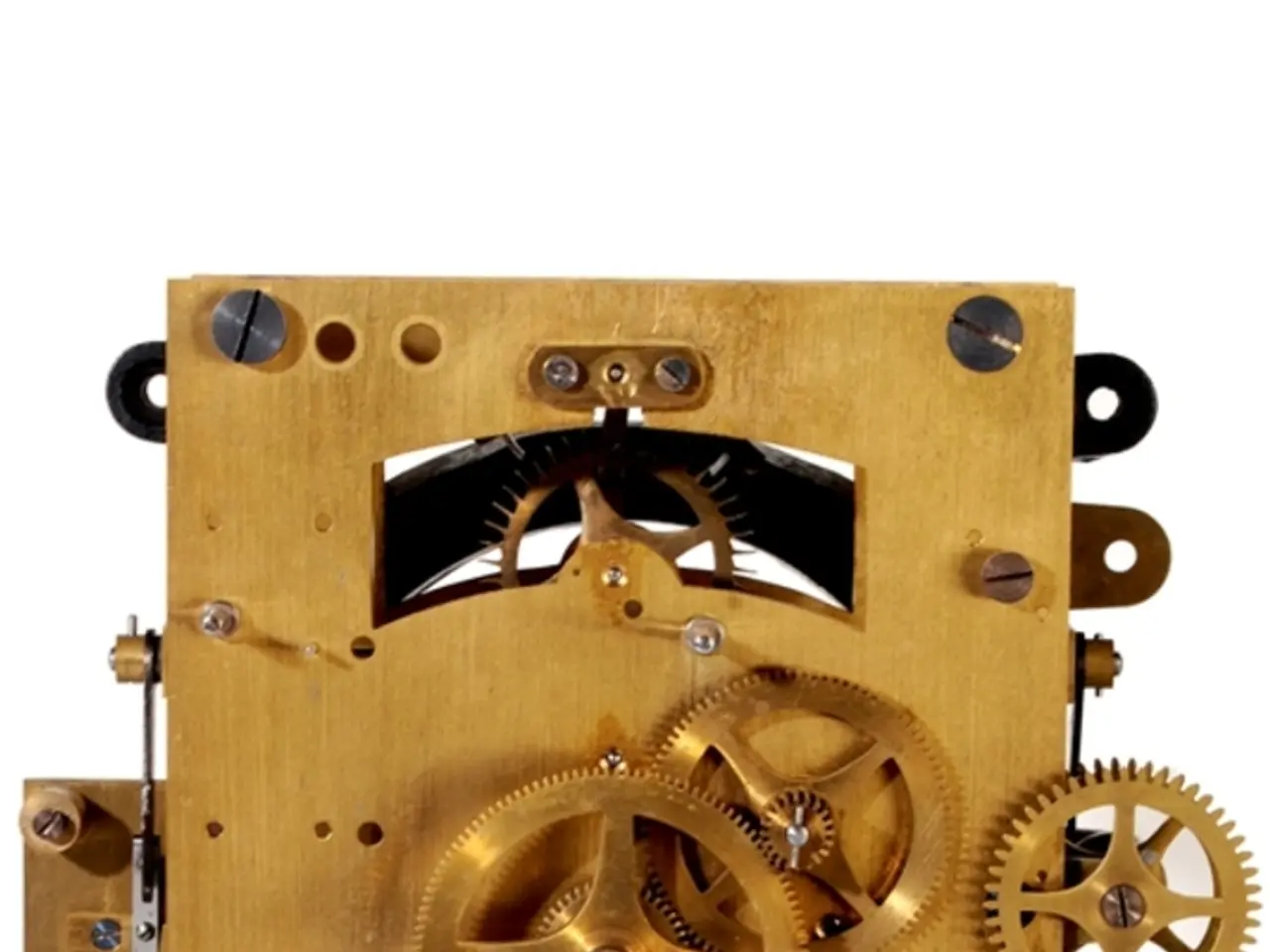Cancer treatment with a Rife machine: Effectiveness and potential hazards?
In the realm of alternative medicine, one device has gained significant attention: the Rife machine. Invented by American scientist Royal Raymond Rife in the 1920s, this device produces very low energy electromagnetic waves, similar to radio waves, and has been claimed by some to be a cure for cancer and other diseases. However, it's crucial to delve deeper into the facts surrounding this controversial device.
Despite some anecdotal claims, the current scientific evidence does not support the claim that Rife machines can cure cancer. These machines lack rigorous, peer-reviewed clinical trials or validated biological studies confirming their efficacy or safety in cancer treatment. This is in stark contrast to modern cancer research, which is grounded in molecular biology and clinical testing, focusing on genetically targeted therapies, immunotherapies, and other rigorously tested modalities.
The American Medical Association condemned Rife's experiments at the time, and independent researchers have been unable to replicate the claims made by Rife. Moreover, there is no credible cancer research institution that endorses Rife machines as a treatment. The scientific and medical communities emphasise evidence-based approaches, using data and reproducible results to develop therapies.
One of the most significant risks of using a Rife machine is delaying standard cancer treatments, as there is no evidence that Rife machines can treat cancer or any other disease. Delaying medical treatment can increase the risk of cancer spreading to other parts of the body and becoming more difficult to treat.
It's important to note that the Rife machine is classified as a form of alternative medicine, and its quality and construction can vary considerably due to a lack of standardisation or regulation. This variability can potentially put a person at risk for electrical shocks and burns, or the device may not be electrically safe.
For those interested in alternative treatment methods for cancer, it's essential to speak with their doctor first to discuss their options. The National Cancer Institute offers some tips when considering an alternative treatment option: research reliable and unbiased sources of information, learn the risks and benefits of the treatment, speak with a doctor about the risks and benefits and how they might interact with conventional cancer treatment options, and be aware of fraud and misleading claims.
In some animal studies, specific electromagnetic frequencies have blocked new cancer cells from forming and inhibited tumour growth, but these studies did not use the Rife machine or the same electromagnetic frequencies that it emits. Furthermore, there is no scientific evidence that the Rife machine can treat cancer or cure HIV.
In summary, while proponents of the Rife machine believe it can treat diseases such as cancer, the current scientific evidence does not support these claims. The scientific and medical communities emphasise evidence-based approaches, and the Rife machine lacks validation in controlled scientific or clinical settings. As always, it's crucial to consult with a healthcare professional when considering alternative treatment options.
The Rife machine, a device producing low-energy electromagnetic waves, is often claimed to cure diseases like cancer and HIV, but its efficacy remains unproven as it lacks rigorous scientific evidence or validation in controlled settings. The American Medical Association rejected Rife's experiments, and modern cancer research focuses on genetically targeted therapies, immunotherapies, and other tested modalities.
Delaying standard cancer treatments in favor of Rife machines can increase the risk of cancer spreading, as there's no scientific evidence supporting its use for cancer treatment or any disease. The Rife machine's quality and construction can vary, potentially causing electrical hazards, and there's no credible institution endorsing it for treatment.
For individuals seeking alternative cancer treatments, consulting a doctor is essential. They should research reliable information sources, learn risks and benefits, discuss potential interactions with conventional treatments, and be cautious of misleading claims. Some animal studies show electromagnetic frequencies inhibiting cancer growth, but these findings don't apply to the Rife machine or its emitted frequencies.
Moreover, the Rife machine is not supported as a treatment for HIV or any other disease. It's crucial to prioritize evidence-based approaches, given the emphasis on data and reproducible results in the scientific and medical communities. Always consult a healthcare professional when considering alternative treatment options.
This discussion also underscores the importance of addressing other health issues, like mental health, depression, obesity, diabetes, hepatitis, bipolar, Crohn's disease, eczema, Alzheimer's, breast cancer, and overall health-and-wellness. Seeking evidence-based therapies-and-treatments is key in maintaining optimal health and wellbeing, as science continues to advance our understanding of these diseases and their treatments.




